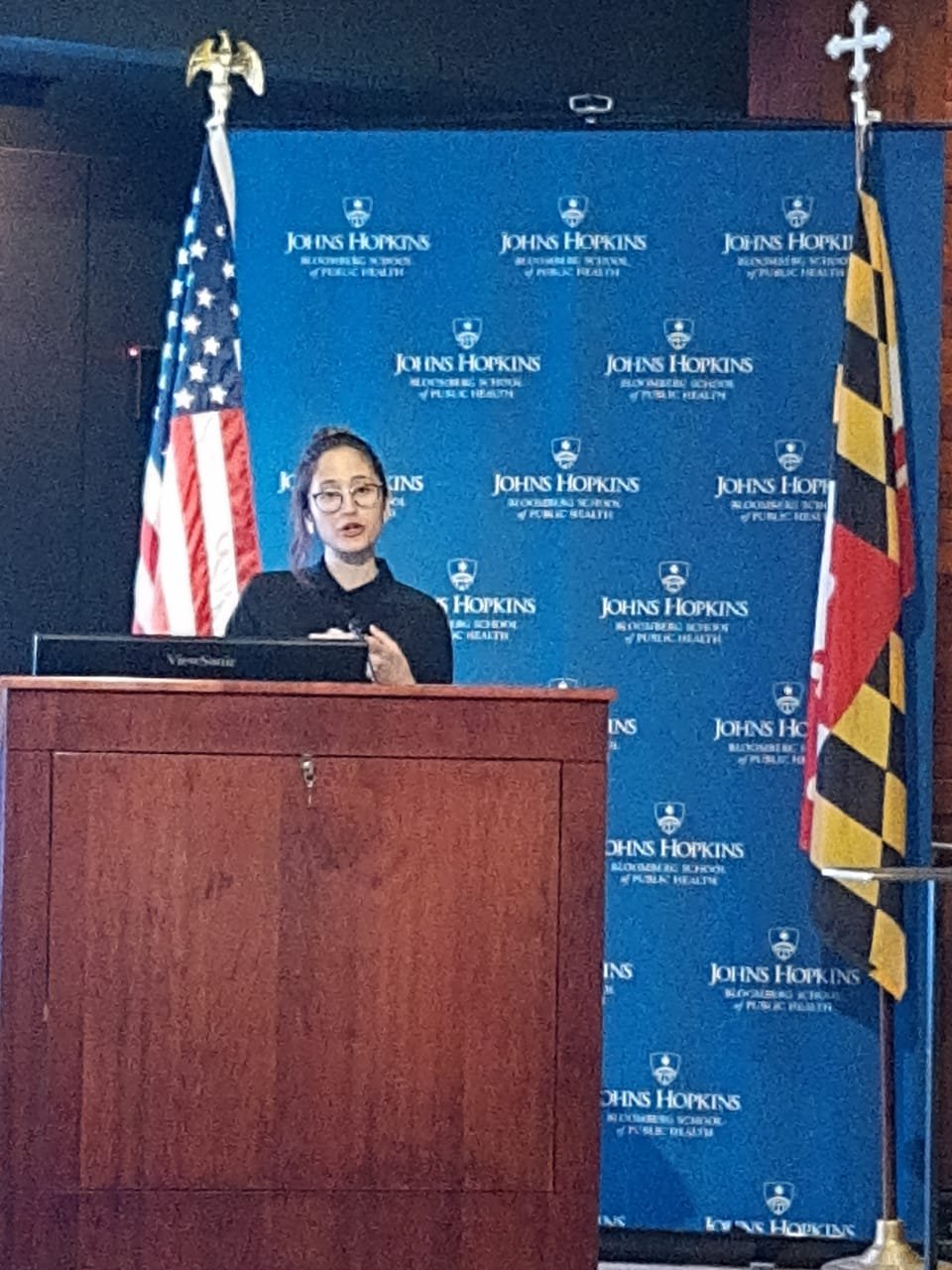Teaching Philosophy
I am a passionate about making science accessible to all audiences, and I bring a human-centered approach to my teaching. My goal is to use a variety of methods to foster an inclusive environment that reaches learners of all kinds. I excel at explaining complex concepts in simple terms. But don’t take my word for it!
Here’s a review from a former student:
“Brooke is very skilled at reading the room and gauging students' level of understanding. She is very intentional about offering positive feedback and creating a safe space for students to explore concepts, ask questions, and make mistakes!”
Coursework
I have conducted several invited workshops and lectures. For slides, please see my talks. I have also served as the teaching assistant of 18 courses for undergraduate- and graduate-level students, on topics including:
Epidemiologic Methods
Concepts and Methods in Infectious Diseases
Epidemiologic Control of Tuberculosis
Foundations of Social Epidemiology
Introduction to Microbiology
Data Analysis Fundamentals
COVID-19 and Public Outreach
During the pandemic, I translated the rapidly emerging science into more accessible formats. For example, in collaboration with a team of scientists, I co-wrote the open-source Coursera on COVID-19 Contact Tracing. The materials have reached more than 1.3 million learners globally and were used by health departments in every state of the USA. I also kickstarted and oversaw the Hopkins Novel Coronavirus Research Compendium’s newsletter, which curated and summarized practitioner-relevant scientific articles each week.
STEM for Youth
I also love getting kids excited about science, technology, and engineering! In partnership with my talented colleagues, I have taught courses, like “How to Build a Bicycle Rickshaw,” directed state-wide Rube Goldberg competitions for the MIT Museum, and written Science Olympiad exams in the “Disease Detective” category for high schoolers.


